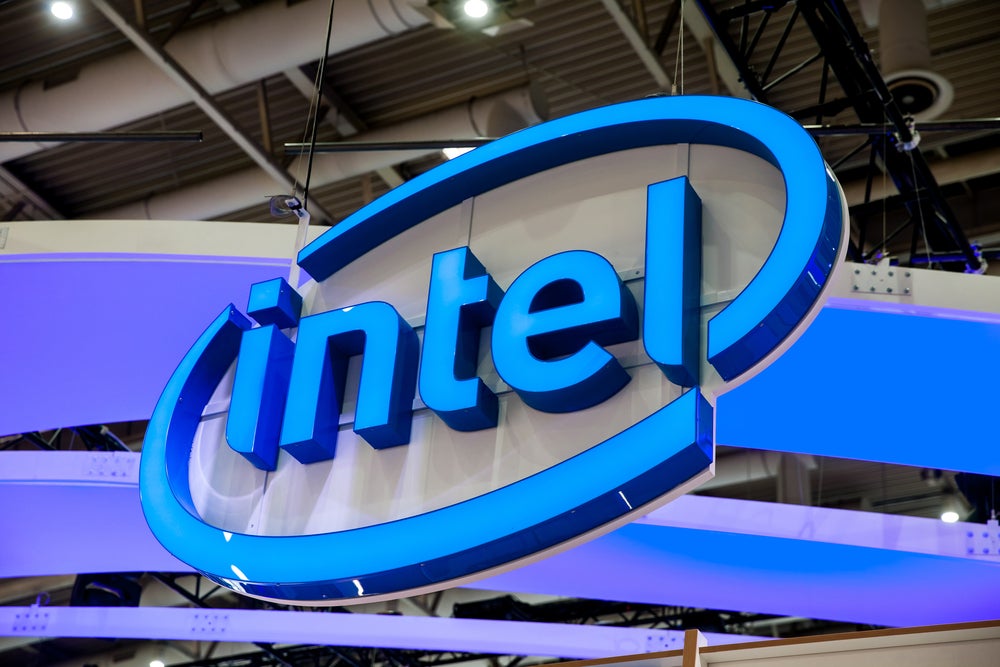
Intel‘s reported global investments this week (June 19) will reap billions in government subsidies, including $11bn from Germany.
The chip giant is reportedly investing $25bn investment in Israel and a $4.6bn investment in Wroclaw, Poland.
Investment Monitor chief economist and foreign direct investment specialist Glenn Barklie told Verdict that Intel is: “taking advantage of the high amounts of subsidies being offered by governments.”
Intel’s investment in Israel will mean that since 2019 Intel has invested in five projects in Israel – tied with its number of investments into Poland and only surpassed by its FDI in Costa Rica (6 projects), according to Barklie.
Intel’s multi-billion dollar investments announced this week continue to demonstrate the company’s diversifying of its production base:
“Since 2019, over 70% of its foreign investments have been outside of Asia. Of those investments in Asia, only two have been into China,” Barklie said.
How well do you really know your competitors?
Access the most comprehensive Company Profiles on the market, powered by GlobalData. Save hours of research. Gain competitive edge.

Thank you!
Your download email will arrive shortly
Not ready to buy yet? Download a free sample
We are confident about the unique quality of our Company Profiles. However, we want you to make the most beneficial decision for your business, so we offer a free sample that you can download by submitting the below form
By GlobalDataBarklie added that Intel’s investments go beyond what most US companies are doing by diversifying outside of China to benefit other countries in Asia, adding that the company is “determined to get back to competing with other global chip manufacturers.”
The geographical diversification of Intel’s manufacturing bases may seek to address one of Intel’s critical challenges – it reliance on a limited number of customers for the majority of its revenue, according to analyst GlobalData.
“The loss of any one of its significant customers or the delay, even if only temporary, or cancellation of significant orders by any of these customers affects the company’s revenue during the period of the deferral or cancellation and will harm its ability to achieve or sustain expected levels of operating results,” according to the analyst.
Intel’s three large customers accounted for 42% and 43% of its revenue in 2022 and 2021, respectively. The company’s three large customers include Dell, Lenovo and HP, which accounted for 19%, 12%, and 11% of the revenue in 2022. These three customers accounted for 42% of its accounts receivables at the end of 2021.







